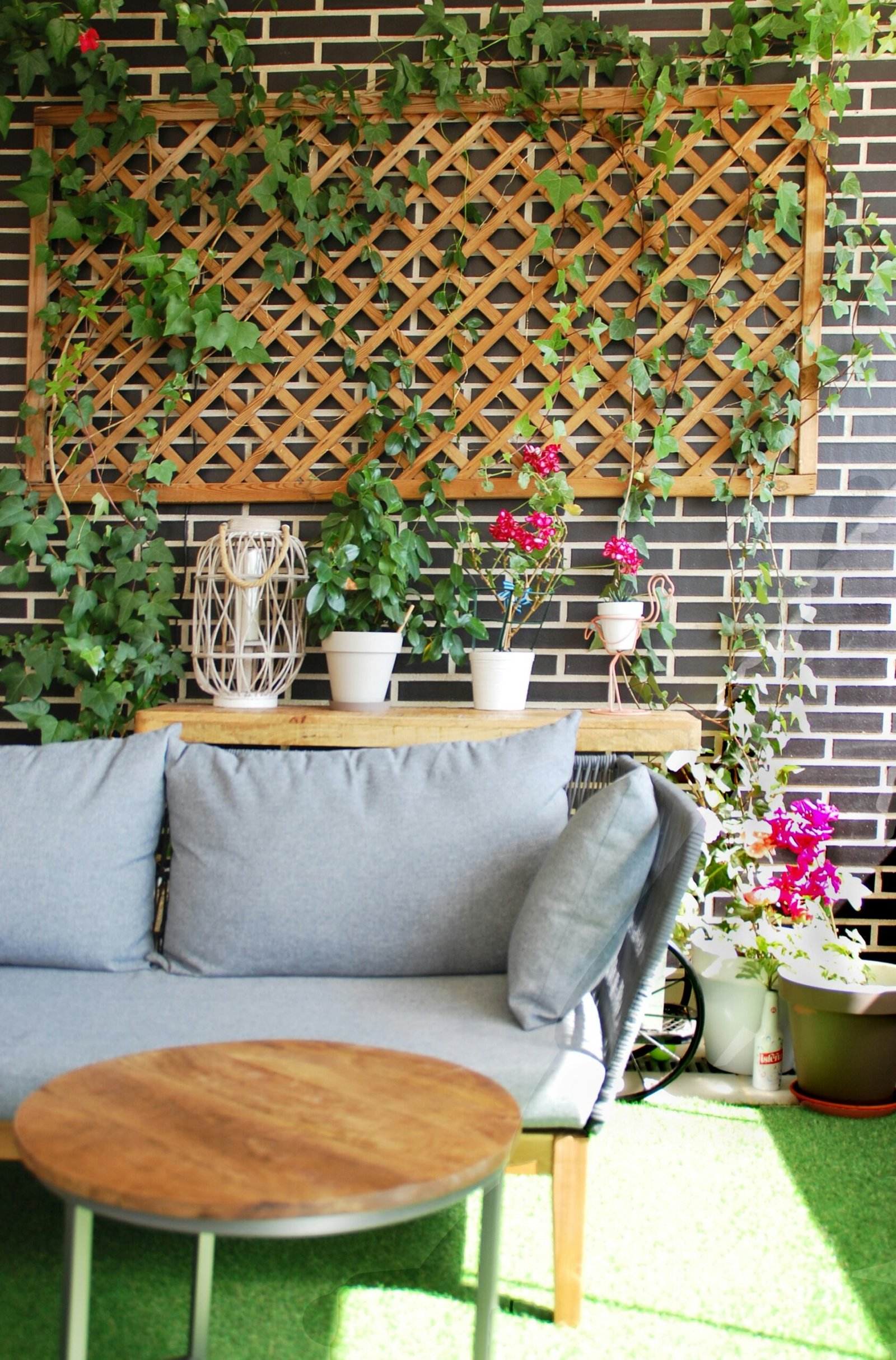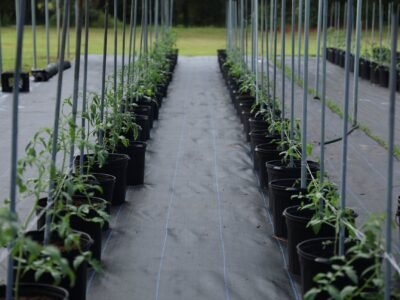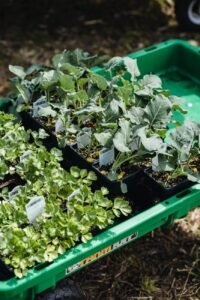The Healing Power of Gardening
Gardening is not just a hobby or a way to beautify your home; it can also be a powerful form of therapy. Whether you have a spacious backyard or a small balcony, cultivating plants and tending to your garden can have numerous physical, mental, and emotional benefits.
Physical Benefits
Engaging in gardening activities can provide a great workout for your body. Digging, planting, weeding, and watering all require physical effort, which can help improve your strength, flexibility, and coordination. Spending time outdoors in the fresh air and sunlight also provides your body with much-needed vitamin D, which is essential for bone health.
Mental and Emotional Well-being
Gardening has been shown to reduce stress and promote relaxation. The act of nurturing plants and watching them grow can be incredibly therapeutic. It allows you to focus your attention on something positive and rewarding, taking your mind off daily worries and anxieties. Gardening can also help improve your mood and boost your self-esteem, as you witness the fruits of your labor.
Connection with Nature
Spending time in nature has a calming effect on the mind and body. Gardening provides an opportunity to connect with the natural world, even if you live in an urban environment. It allows you to observe the changing seasons, listen to the sounds of birds chirping, and feel the earth beneath your hands. This connection with nature can bring a sense of peace and harmony into your life.
Social Interaction
Gardening can also be a social activity that brings people together. Whether you join a community garden or simply chat with your neighbors about plants, gardening provides opportunities for social interaction and building relationships. Sharing gardening tips, exchanging seeds or plants, and working together on a shared garden project can create a sense of belonging and foster a supportive community.
Gardening Tips for Therapy
If you’re interested in using gardening as a form of therapy, here are some tips to get started:
- Start small: Begin with a small area or a few pots to avoid feeling overwhelmed.
- Choose plants you love: Select plants that bring you joy and make you feel connected to nature.
- Create a routine: Set aside regular time for gardening to establish a sense of structure and consistency.
- Practice mindfulness: Pay attention to the sights, smells, and sensations while you garden, fully immersing yourself in the present moment.
- Experiment and learn: Don’t be afraid to try new plants or techniques. Gardening is a continuous learning process.
- Seek support: Join a gardening club or seek guidance from experienced gardeners to enhance your skills and knowledge.
Conclusion
Gardening therapy can provide numerous physical, mental, and emotional benefits. It allows you to connect with nature, reduce stress, and enjoy the simple pleasures of nurturing plants. Whether you have a green thumb or are just starting out, gardening can be a healing and fulfilling activity that brings happiness into your home and garden.















